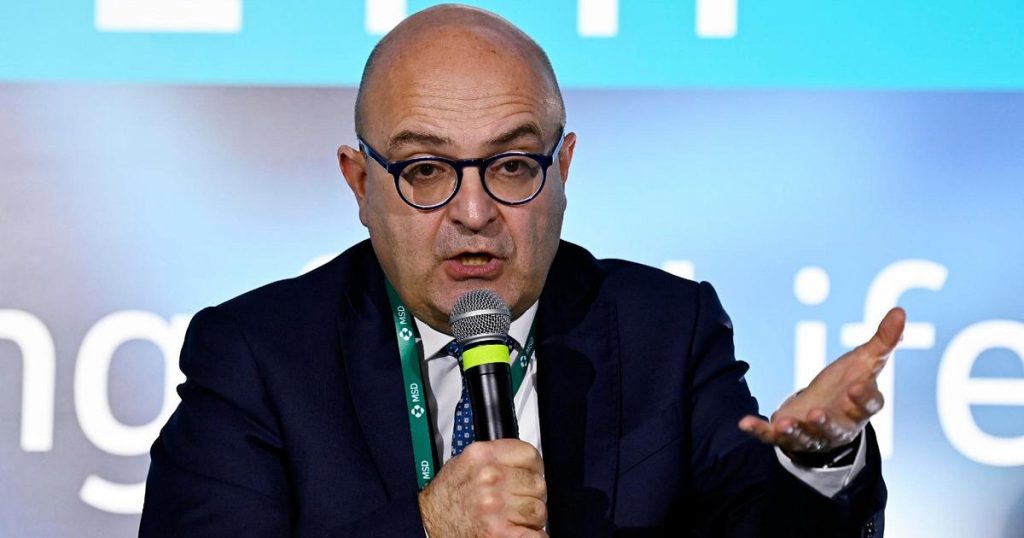A ‘self-regulation code’ for candidates has been developed by the Commissioner of the Democratic Party for Campania, Antonio Misiani, together with the provincial Democratic secretaries, and will be presented for the first time at a regional party meeting. The strict rules that will now be applied in Campania to all candidates for the upcoming local elections, and which were partially tested during the municipal elections in Naples, may be extended to other locations where necessary. The draft of the ‘Self-Regulation Code’, reported by Ansa, includes various requirements that will be imposed on Democratic Party candidates. These requirements include obtaining the criminal record certificate before the deadline for submitting lists, as well as the CV and criminal record of the candidates to properly evaluate the lists according to statutory procedures.
Additionally, the Democratic Party, as outlined in the draft prepared by the party’s Economy spokesperson and senator Misiani and the provincial Democratic secretaries, will require their candidates to sign a self-declaration committing to report any incidents of voting manipulation, vote-buying, or intimidation during the electoral campaign, as well as any attempts of corruption or extortion during their electoral or administrative mandate. Candidates will also be asked to ensure clear mechanisms for administrative transparency and anti-corruption measures, give priority to the reuse of assets confiscated from the mafia, combat any form of omission or opacity, and prioritize education on legality and the fight against educational poverty.
Furthermore, potential candidates will be required to sign an “ethical code” and declare that they are not in a state of disqualification according to the antimafia self-regulation code. They will also be asked to report any changes in their position to the party’s oversight bodies. The implementation of this ‘Code’ in Campania will be entrusted to magistrate Franco Roberti, former National Anti-Mafia Prosecutor. The application of the self-regulation code represents a proactive approach by the Democratic Party to promote ethical conduct among its candidates, ensure transparency and accountability in the electoral process, and combat mafia influence in politics.
The introduction of these regulations reflects a commitment by the Democratic Party to uphold high ethical standards and promote integrity among its candidates. By requiring candidates to undergo background checks, sign self-declarations, adhere to an ethical code, and report any changes in their position, the party aims to prevent misconduct, corruption, and mafia influence in politics. The involvement of a renowned anti-mafia magistrate like Franco Roberti further demonstrates the seriousness of the Democratic Party in combating organized crime and promoting good governance.
The extension of the self-regulation code beyond Campania, as mentioned by Misiani, to other regions such as Bari or Piedmont, underscores the party’s willingness to set a precedent for ethical standards across the country. This initiative could serve as a model for other political parties to adopt similar measures to ensure the integrity of the electoral process and strengthen democratic institutions. Overall, the implementation of the self-regulation code represents a significant step towards building a more transparent, accountable, and ethical political environment in Italy.


